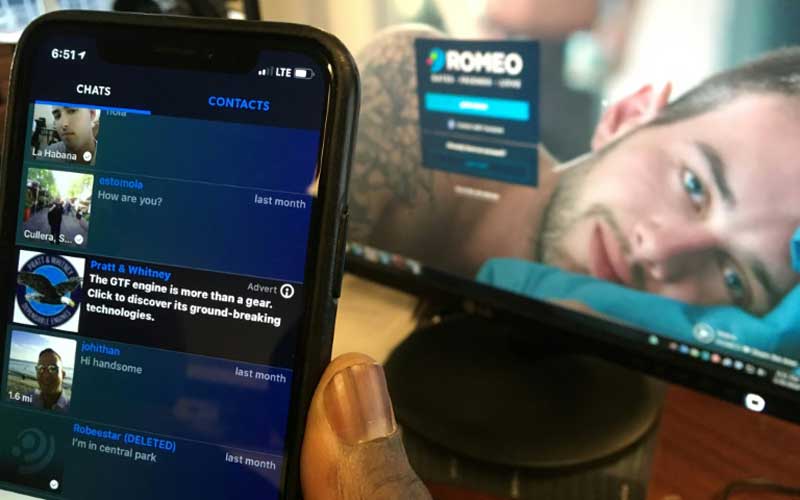×
The Standard e-Paper
Home To Bold Columnists

Ads for major US corporations like General Electric and home improvement retail chain Lowe's are appearing, often without their knowledge, on internet hookup sites, underscoring advertisers' difficulty in controlling their digital communications.
The chaste advertisements from corporate America appear alongside highly explicit user exchanges as well as ads for lingerie or online hotel room booking services like HotelTonight, which was recently purchased by Airbnb.